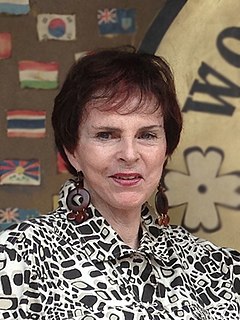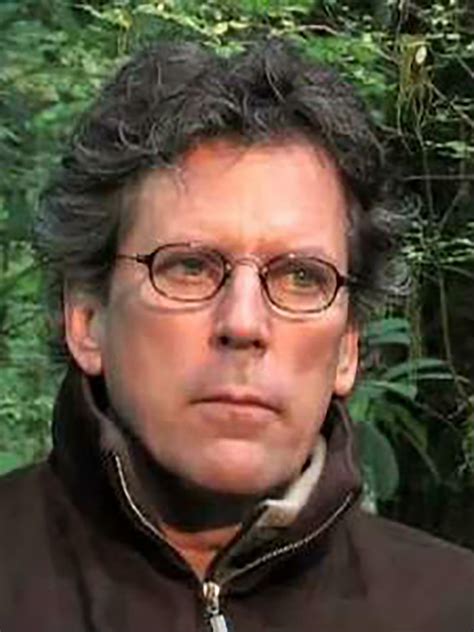A Quote by George Friedman
The tragedy of the human condition is that the thing that makes us most human - community - originates in the inhumanity of war.
Related Quotes
For my generation - the "Children of Nixon," as I call us in the book - the Lebanese civil war was an iconic event. Downtown Beirut became a metaphor for so many things: man's inhumanity to man, what Charles Bukowski called "the impossibility of being human." It shaped our perceptions of war and human nature, just as Vietnam did for our parents. We used it to understand how the world works.
War is a great destroyer. And human history has arrived at a pivotal moment. We can choose a path built on cooperation, where our caring and sharing side uplifts us, or we can continue to embrace a worldview where domination using violence imprisons us in cycles of killing and destruction. I'm a biologist, and war is not genetically fixed. War is a cultural invention. It's time to end this abomination, and this World Beyond War movement is uniquely focused on unifying the human community to create one of the biggest revolutions in history. I'm in. Join us!
In olden times when there was a war, it was a human-to-human confrontation. The victor in battle would directly see the blood and suffering of the defeated enemy. Nowadays, it is much more terrifying because a person in an office can push a button and kill millions of people and never see the human tragedy that he or she has created. The mechanization of war, the mechanization of human conflict, poses an increasing threat to peace.
Despite the war, and bombings, and all the big things that happen to us, the stuff of our lives is small and always will be. During a war it is different, but even then, it is perfectly possible to write novels during a major war, which are about those thing which endure. It is what makes us human and the thing which is going to keep going.
Tragedy massages the human ego even as comedy deflates it. ... Tragedy pits us against large foes and the trip wire is our own character. ... In comedy we fall afoul of one another. Comedy depends on social life, on our behavior in groups. In tragedy you can observe one human against the gods. In comedy it's one human versus other humans and often one man (or woman if I'm writing it) against her own worst impulses.
Our lack of community is intensely painful. A TV talk show is not community. A couple of hours in a church pew each Sabbath is not community. A multinational corporation is neither a human nor a community, and in the sweatshops, defiled agribusiness fields, genetic mutation labs, ecological dead zones, the inhumanity is showing. Without genuine spiritual community, life becomes a struggle so lonely and grim that even Hillary Clinton has admitted "it takes a village".
The human condition comprehends more than the condition under which life has been given to man. Men are conditioned beings because everything they come in contact with turns immediately into a condition of their existence. The world in which the vita activa spends itself consists of things produced by human activities; but the things that owe their existence exclusively to men nevertheless constantly condition their human makers.
Most of us live in a condition of secrecy: secret desires, secret appetites, secret hatreds and relationship with the institutions which is extremely intense and uncomfortable. These are, to me, a part of the ordinary human condition. So I don't think I'm writing about abnormal things. ... Artists, in my experience, have very little center. They fake. They are not the real thing. They are spies. I am no exception.





































